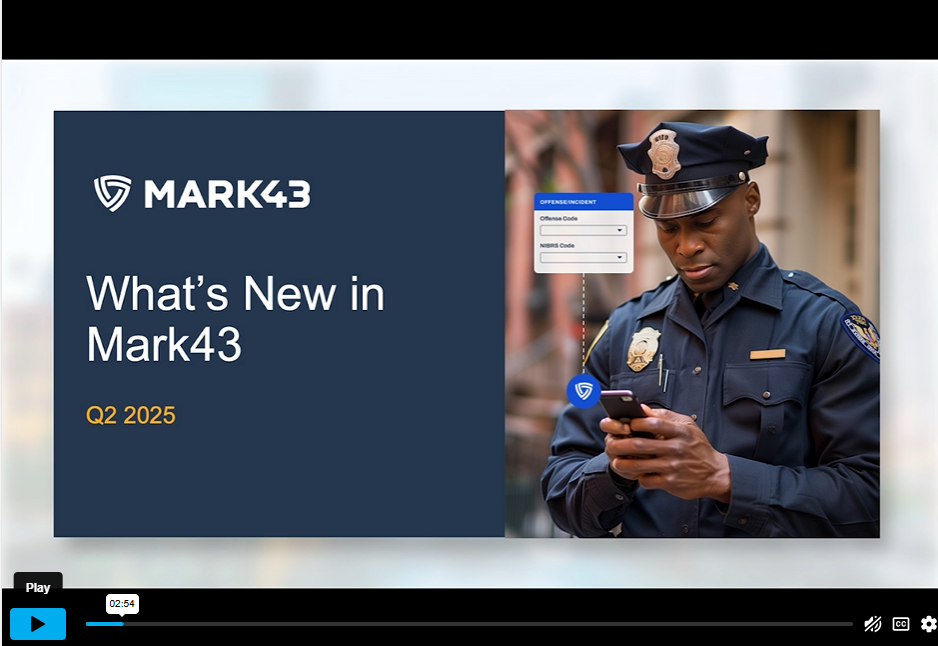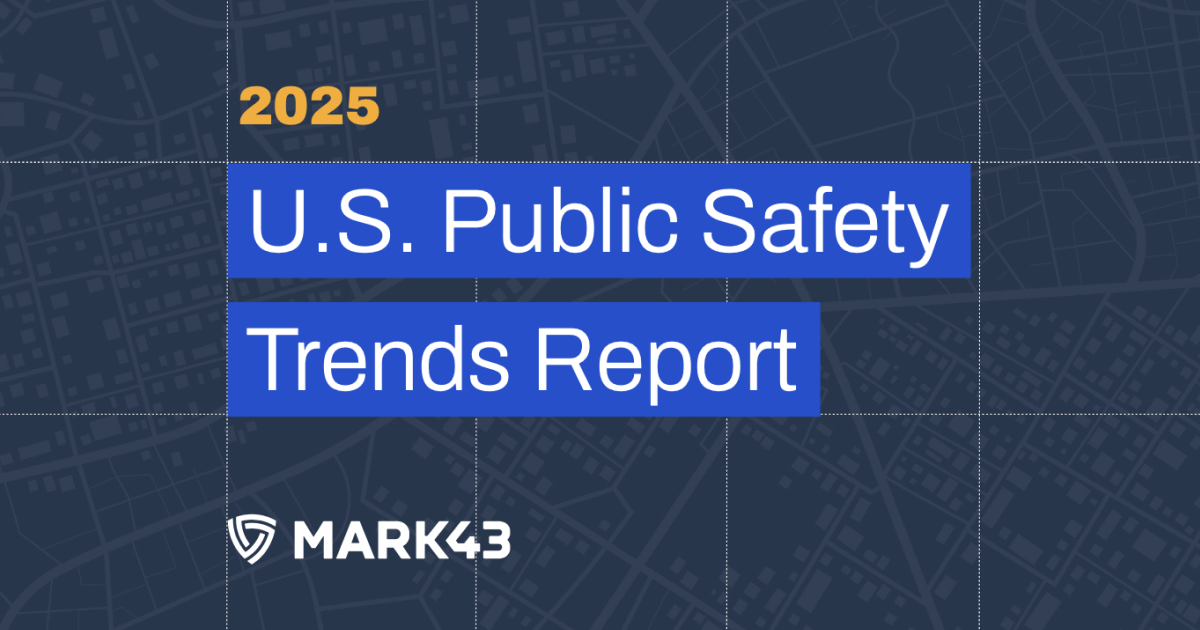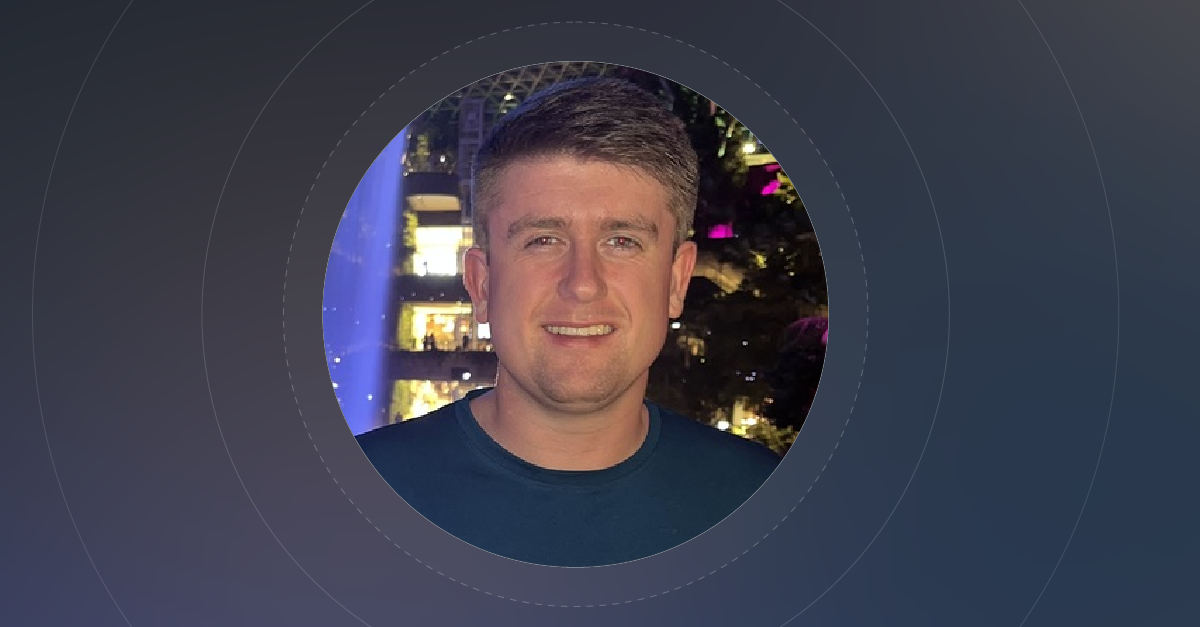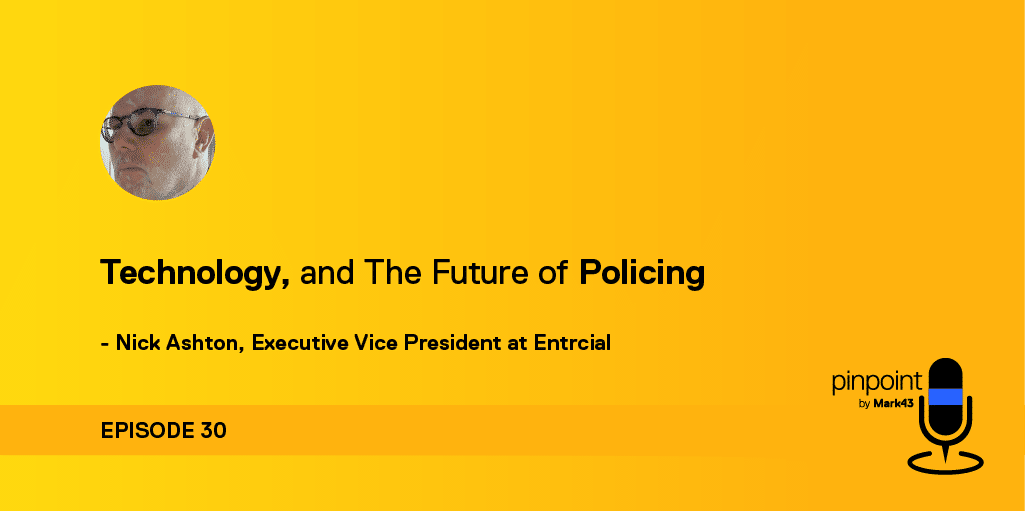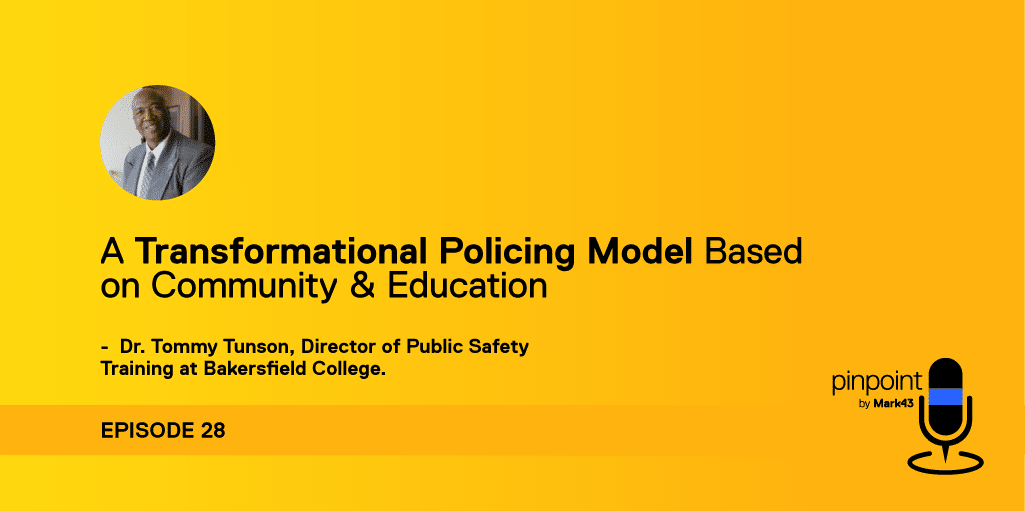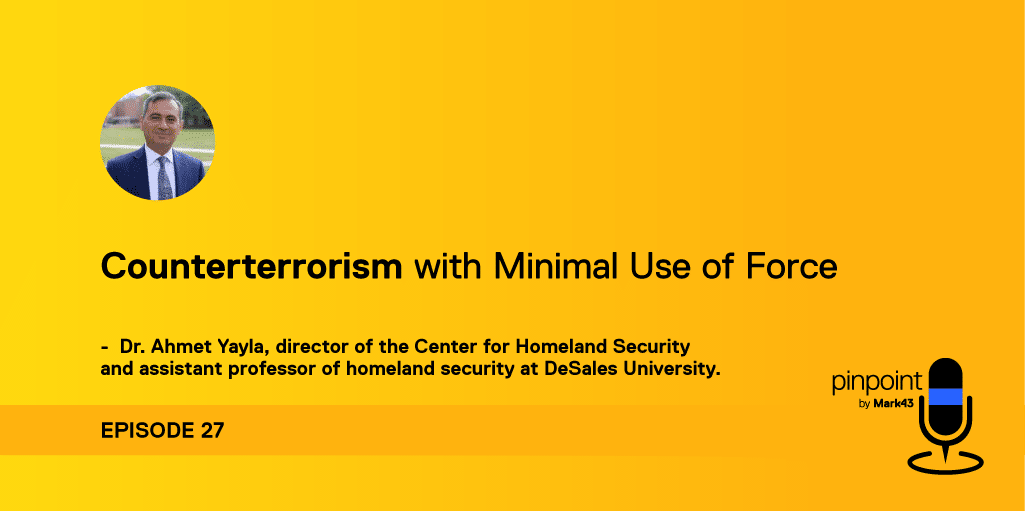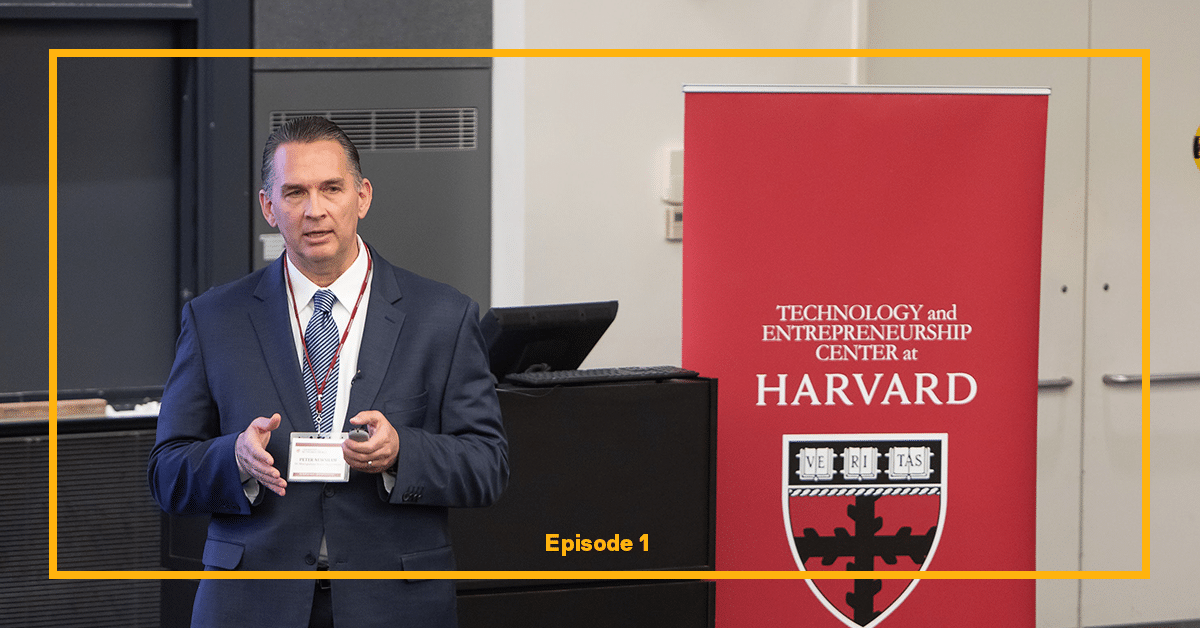
In 1989, Peter Newsham started as a beat cop in the Washington, D.C. Police Department.
He was on the front lines when, in 1991, Washington, D.C., in addition to being the nation’s capital, was also its murder capital.
In 1999, the chief of police at the time requested that the U.S. Department of Justice conduct a review of the department’s use of force practices. This review found that the department had a pattern and practice of using excessive force.
But today, Newsham is the police chief. Under his watch, the city’s dramatic policing transformation over the past decade is a national success story.
Change is hard today, but not as hard as it was in 1999. Newsham joined us for a special guest episode of the podcast with Dr. Antonio Oftelie of Leadership for a Networked World to talk about the realities of change, technology, and the next generation of policing.
[popup_trigger id=”1576″ tag=”pinpoint”]
[/popup_trigger]
Reforming the Department
“We changed all of our policies and practices around excessive force from investigating, to the tools that we use, to training,” recalls Newsham. “Seven years later, in my opinion, we were a much better police department.” A subsequent independent review of the department’s use of force practices years confirmed their strong commitment to fair, unbiased, and constitutional policing — and genuine structural reform.
In addition to changes in behavior, the police department got a painful awareness of how their previous policing methods appeared to the communities they were serving.
Today Newsham is leading a continually transforming and dynamic department.
How to Make Change Happen
Newsham’s recipe for change is one the corporate world would recognize: Get out of your own bubble.
“I have found it to be very beneficial, before you’re going to undertake any big change, to get feedback up front from all of the stakeholders,” says Newsham. “There’s always going to be people who will not support it. I think it’s just as important to listen to those folks because it helps to avoid some of the landmines that could potentially be out there.”
How to Set Community Expectations
Police departments must be responsive to the public with both good and bad news.
“Because we’re one of the few agencies in the city that works 24 hours a day, seven days a week, the community relies on the police to do a lot of things which frankly, they are not equipped to do,” says Newsham. “I think communicating with our community about what we can and what we can’t do as a police department has been extremely helpful to us.”
Being responsive means not just telling the community bad news when necessary, but to show up at meetings when the topics are difficult and there are no clear answers.
Keeping Police Engaged
The rank and file of the police department, both the sworn and the nonsworn members, are some of the most important stakeholders when it comes to making change stick.
A little positive reinforcement goes a long way.
“As leaders, we have to continually remind our people how important the work is that they do. This is easy because they do good work every single day,” says Newsham. “It’s absolutely critical that we recognize them for that so they understand that what they’re doing is worthwhile.”
Molding the Next Generation of Cop
Obviously, police departments, like any organization, need to grow by recruiting the best.
These days, that’s easier said than done.
“One of the challenges that we’re facing is trying to recruit young people into law enforcement at a time when the image of policing in our country is not at its highest,” says Newsham. “The younger generation seems very inclined to be involved in service professions, but I think because of the negative attention that law enforcement has received, they don’t look at it.”
It is tough to inspire recruitment when the public has been receiving negative images on TV, movies, and media.
“That’s really not what policing is,” says Newsham. “It’s really kind of fun to try and develop some material to speak to young people to tell them that this is really a great profession to get involved in.”
One of Newsham’s success for grooming people with the right attitude is the Police For Tomorrow program at Georgetown University. The program takes younger leaders in the police department and helps address all of the issues that come up with modern policing.
“It is very different from when I entered the policing profession,” says Newsham. “The idea behind it is changing what policing is about from the bottom up.”
How Technology is Changing Policing
Technology continues to make huge changes. It can make police offerings more customized to the needs of the micro-location. It can help law enforcement understand crime trends and better allocate resources to get better outcomes.
“Data is crucial to what we do, particularly when you’re in a large organization like this,” says Newsham. “There are so many data points. We’ve actually brought on data scientists who can slice and dice this information.”
Newsham believes the data is invaluable.
“If there is any police chief is out there and they’re not looking at data every single day, I would urge them to do that because it’s amazing the amount of information it uncovers.”
In an era of tight budgets, the biggest technology challenge is identifying the technology which is going to be most beneficial.
Advice for Police Chiefs
Newsham got many of his technology questions answered at the annual Public Safety Summit.
“Those venues are incredibly helpful to be able to talk to other chiefs,” says Newsham. “Because when you’re going to spend, a couple hundred thousand or a million dollars on a piece of technology, you want to make sure it’s going to add value to the agency.”
For new police chiefs, Newsham also has some simple, but important advice:
- Develop a thick skin: “When you start receiving criticism, you go through a time where you’re like, what the heck did I get myself into?” says Newsham. “Just be focused on what you’re doing and continually remind yourself how important it is.”
- Work out: “You really have to stay in shape physically,” says Newsham. “You can’t allow the stress of the job to impact your health.”
-
You’re more resilient than you can ever imagine: “Sleep is overrated.”
Chief Peter Newsham will be attending the upcoming Public Safety Summit at Harvard University. The participants at this year’s Summit will learn and share best practices on leading and sustaining transformation within rapidly changing environments. Public safety officials can learn more about the program and submit an application to attend here.




